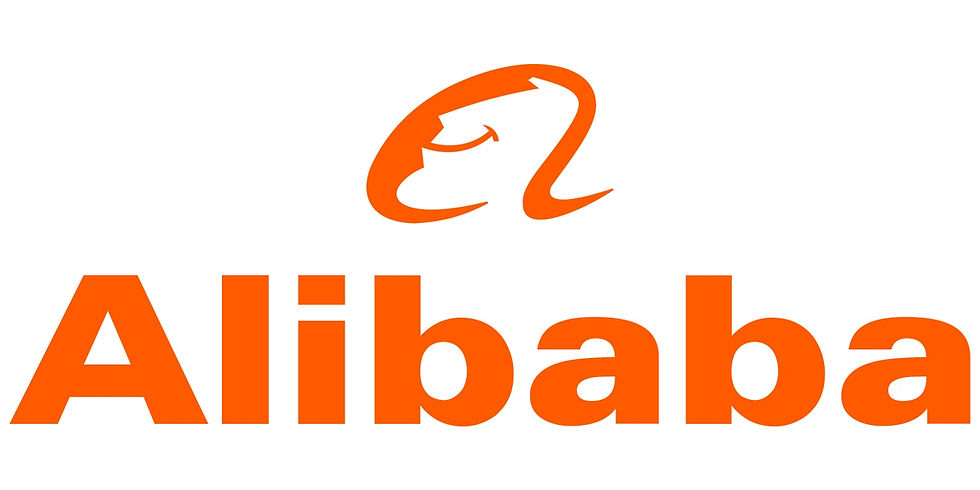The 3 Types of Social Media Communities - A Learning Guide
- ClickInsights

- Jul 29, 2022
- 3 min read
With the rise and advancements of social media, a lot of social media communities have evolved. Social media communities are properties that are available online in which the members can discuss and share similar interests, events, experiences, and content.
These communities have become a vital part of online communication by which you can easily link towards your areas of interest and engage with other people who have similar interests.
Here are the three different types of social media communities mainly based on why people would want to join them.

Communities of Interest
Communities of Interest is one of the simplest kinds of social media communities. This community involves topics and content that people find interesting or have a great fascination with; therefore, it is also known as an interest-based community.
In this kind of community, people exchange ideas and discuss topics with one another of particular interest and passion, which is exciting for every participant who is discussing it. However, you should note that these people involved in the community may not know anything about each other outside this area.
Participating in such a community of interest allows great discussions to occur where people return frequently and stay for long periods to have further discussions resulting in both the spread of knowledge as well as entertainment. Visitors to this community are also able to solve their problems and come to sound conclusions regarding difficult matters as well.
A few examples of communities of interest are facebook.com, myspace.com, etc.
Communities of Task
This is the second type of social media community which mainly tends to focus on person-to-person reviews, advertisements, and quick-fix points of action or research. This community is mainly goal-oriented and involves people who gather online to solve a common problem. Those who want to solve a particular issue connect with trustworthy lawyers or just try to find small pieces of information from anywhere they can, which would help solve their problem.
The internet is a sea of information, and this community's visitors take full advantage of this. The people who are in research activities try to find further information on any topics they want. They also try to answer the queries of others online with the knowledge they possess. If their knowledge is credible and helps those facing the problem, the chances of the user visiting again increase.
A few examples of the communities of the task are urbandictionary.com, Wikipedia.com, autobytel.com, etc.
Communities of Vocation
Communities of vocation involve professional connections with specific vocational needs, such as discussions that are related to people’s jobs, etc. This community involves professional thoughts and ideas which are clear and focused on a proper discussion. For example, Facebook used to be considered a community of vocation in the past during its student-only times.
There are many different examples of communities of vocations that are quite famous and well-known. One such example is LinkedIn.com which has gained quite a lot of popularity and recognition worldwide. It is an online social network in which almost 13 million professionals are involved who are representing about 150 industries from all sorts of tastes and interests. Things shared on this platform are by professionals at the top of their respective fields; therefore, the content expressed is quite genuine and authentic.
A few other examples of communities of vocation include FireFighterNation.com for Fire Fighters, TrueAviation.com for pilots, vdm.com for veterinarians, and NatureNetwork for scientists of all varieties.
Final Thoughts
The concept of social media communities is of great advantage. The main reason is that people worldwide can connect, share ideas, express their feelings, and come to conclusions over difficult matters. It is extremely convenient for everyone to participate since these communities are online and do not require any particular work to meet others in person.



google 优化 seo技术+jingcheng-seo.com+秒收录;
Fortune Tiger Fortune Tiger;
Fortune Tiger Fortune Tiger;
Fortune Tiger Fortune Tiger;
Fortune Tiger Slots Fortune…
站群/ 站群
gamesimes gamesimes;
03topgame 03topgame
EPS Machine EPS Cutting…
EPS Machine EPS and…
EPP Machine EPP Shape…
Fortune Tiger Fortune Tiger;
EPS Machine EPS and…
betwin betwin;
777 777;
slots slots;
Fortune Tiger Fortune Tiger;
Fortune Tiger Fortune Tiger;
Fortune Tiger Fortune Tiger;
Fortune Tiger Fortune Tiger;
Fortune Tiger Fortune Tiger;
Fortune Tiger Fortune Tiger;
Fortune Tiger Fortune Tiger;
Fortune Tiger Fortune Tiger;
Fortune Tiger Fortune Tiger;
Fortune Tiger Fortune Tiger;
Fortune Tiger Fortune Tiger;
Fortune Tiger Slots Fortune Tiger Slots;
Fortune Tiger Slots Fortune Tiger Slots;
Fortune Tiger Slots Fortune Tiger Slots;